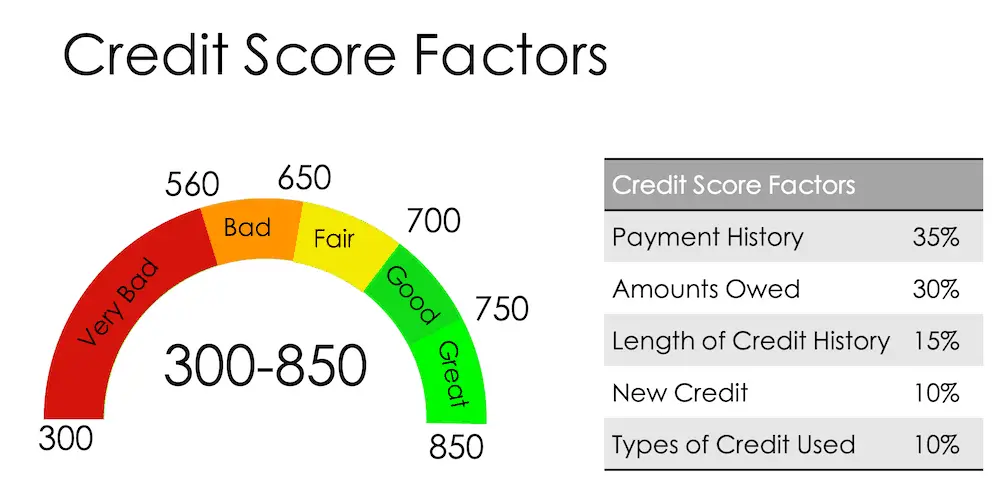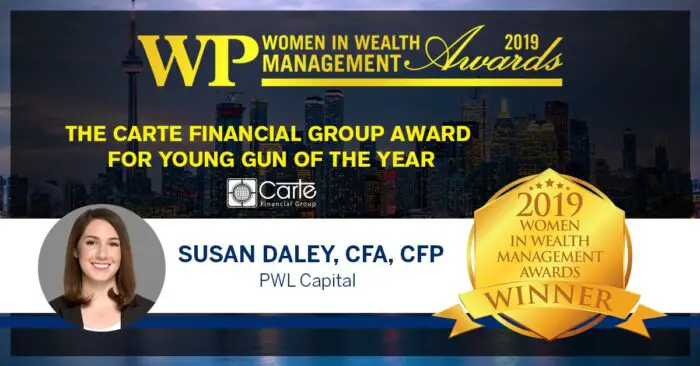What is a hedge fund? A Legal Structure With Very High Fees Close to 4%
A hedge fund, though it’s a term that is frequently thrown around a lot in the finance game, is actually a legal term. Typical structure of a hedge fund, is related to the ability to take outside money, in legal terms, and in financial terms, is typically related to a hefty fee structure. I’ll give examples of both later on this blog post, for now I’ll be sure to subscribe to her blog, and to allow notifications for regular updates on all things finance, and stay posted for my new book on all things finance. The following blog post will seek to answer the question of what is a hedge fund, and will seek to answer why they more often than not do not beat the market and of why they are usually a terrible investment because of their very high fees. For more information, subscribe to our blog for more details and information.
So What Exactly Is a Hedge Fund?
Let’s start by looking at the legal structure of the hedge fund. As I stated in the former, a hedge fund is both illegal and a financial term. With this in mind, a hedge fund as a legal structure is a way for what is essentially a high risk mutual fund company, to take outside money from institutional investors, to put their own money into a business, to take money from individual investors, to take money from municipal governments, And a host of other potential clients. As a financial structure, this differs pretty significantly. The main way that a hedge fund ask as a financial structure, that is different then a mutual fund company or a bank, is that not only does it take institutional money, but it’s speculates on it heavily, typically has a lower volatility then a mutual fund company would, and charges extremely hefty fees.
What Does the Fee Structure of a Hedge Fund Look Like?
The finish structure of a hedge fund typically has two parts to it. You’ll hear a term tossed around known as “ two and 20“ which essentially means a 2% management fee, and a 20% fee on capital gains. The Hedge Fund makes a ton of money with this fee structure, even in down years. To illustrate this concept let’s say you had $1 billion that she wanted to put into a hedge fund (wouldn’t that be nice). You take your billion dollars, and put it in the fund. I’ll try and give a nice easy example, at the end of the year your $1 billion, has appreciated by 10%, how much money do you have that you can withdraw from the hedge fund at any time?
| Related Posts |
|---|
If you did the math and came up with $1,060,000,000.00 then you would be absolutely correct. Illustrate this math, the 2% management fee right off the bat comes off the initial billion dollars. So right off the bat you’re stuck with a $20 million fee on your $1 billion asset. Pass this, since you’re $1 billion appreciate it to $1.1 billion, or at least it would’ve had you not been stuck with so many fees, then your $100 million in capital gains for the year was taxed at another $20 million, for 20% of the capital gains and your money. Add both of those together, and you get a $40 million fee for the year. So you actually only have one billion sixty million dollars In your bank accounts, and as such, gave up a lot of capital gains by putting your money into Ashland.
A quick May 2023 update on this post, while I would still highly recommend against purchasing hedge funds, you can now buy them through basic wealth management firms via AI, Alternative Investment products!
One last addition I want to make to this blog post before closing this one out, is that there is typically going to be a massive difference regarding fee structures between say a low turnover ratio mutual fund, and a hedge fund. The hedge fund has substantially more risk included into it, and supposedly is there to reduce volatility and increase your returns. But what they really are is unfortunately a fancy way that you can lose your money and have it dinged by fees over and over again! Until you have $500,000,000.00 to $1,000,000,000.00, you should never even be dreaming about putting your money into these funds, as a fee structure of 2% assets under management and 20% of capital gains, or in the case of more high quality hedge funds like the Carl Icahn fund or the Bill Ackman Pershing Square fund, there is a significant penalty in letting your broker charge you 3% on assets under management and 30% of your capital gains in only your up years, with no giveback of fees in down years, while the hedge fund is a really fantastic business model, their fee structures are borderline crazy, steer clear from these at all costs!
Final Thoughts on Answering The Question of What is a Hedge Fund, and How It Works
Quite a price to pay, in the range of $60 million, for using a specialized type of stock broker, and what is essentially nothing but a company that acts as a fee machine for the wealthy. Overall I would not recommend using hedge funds, as countless studies have shown that they cannot beat the market year-over-year, and especially not over long periods of time. Do the smart thing, even if you have $1 billion or more, and put the money in an index fund at the lowest basi in your bank account, and such, gave up a lot of capital gains by putting your money into Ashland. Quite a price to pay, in the range of $60 million, for using a specialized type of stockbroker, and what is essentially nothing but a company that fax is a fee machine for the wealthy. Overall I would not recommend using hedge funds, as countless studies have shown that they cannot beat the market year-over-year, and especially not over long periods of time. Do this more thing, even if you have $1 billion or more, and put the money in an index fund of the lowest basis point fees possible.
Sources:
https://finance.fandom.com/wiki/Firm_Foundation_Theory
https://finance.fandom.com/wiki/Castle-in-the-Air_Theory
https://money.cnn.com/data/markets/
Disclaimer: The opinions and documentation contained within this article and on this blog are the sole property of inflationhedging.com and are not to be copyrighted or reproduced in any manner, else legal action within the rights of the United States legal code could be use to obtain recompense. All articles and blog posts are the sole opinions of the writers of the blog, and are not necessarily in line with what exactly will work for you, you should consult a CPA, Tax Professional, or Financial Professional to determine what exact financial needs are in line with your interests. Also, from time to time, certain links on this website will be used to generate affiliate commissions, in order to support the health and growth of our website, health and business.











[…] Previous Next Bobby Axelrod Billions, Why Axe is a Hedge Fund King […]